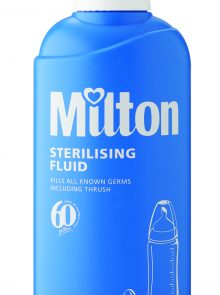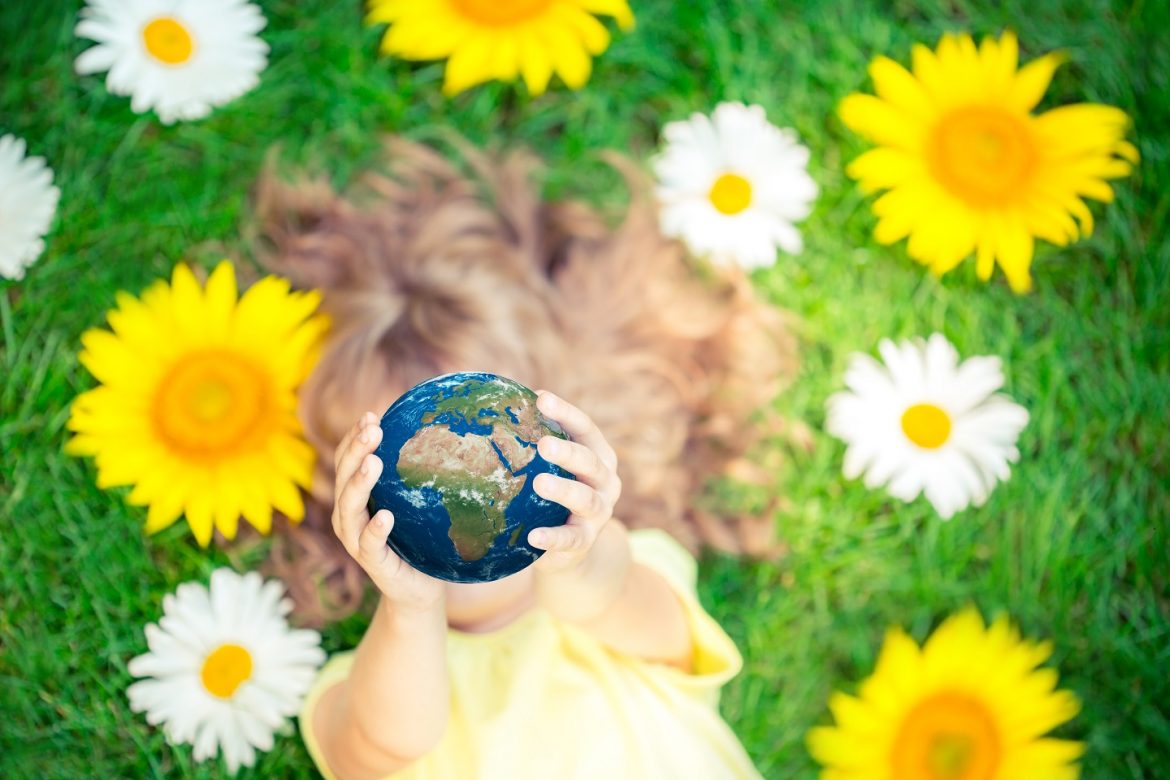When one decides to become a parent your perspective of life changes. Not only do you want to give your kid the best that you have to offer, but if you haven’t before, you might find yourself starting to think about the next generation as a whole. Thinking about the planet and how our choices will have an impact on the world we live in and the one we’ll leave behind.
As you start questioning your impact, perhaps the term eco-friendly has popped up quite a bit, but what does that mean and how do you start incorporating that into your parenting? Here’s a guide to help you.
What does it mean to be eco-friendly?
Being eco-friendly means that you are finding ways to minimise any harm to the environment. This can include reducing waste, conserving natural resources like water and energy, and making choices that have a lower impact on ecosystems and wildlife.
Being eco-friendly often also involves practices such as recycling, using renewable energy sources, reducing carbon emissions, supporting sustainable agriculture, and choosing products that are made with environmentally friendly materials and processes.
Essentially, being eco-friendly is about making conscious decisions to protect the planet and its resources for current and future generations.
Eco-friendly parenting
Even though wanting to be an eco-friendly parent is a noble thought, it can create more pressure than expected. The idea, as with everything, is to start with baby steps. “One thing that many new parents might notice is the influx of baby items that they need or receive which can contribute to environmental waste. To try and combat this, there’s a growing trend among eco-conscious parents to embrace upcycling – a creative and sustainable way to breathe new life into baby items,” comments Bronwyn Ragavan, brand manager for Milton.
Upcycling can bring with it creative thinking, fun activities for the family and also a clear conscience that you are contributing to the environment’s well-being.
Here are some upcycling ideas from Ragavan:
- Baby clothes often hold sentimental value, although your newborn baby might outgrow them very quickly, making them perfect items for upcycling projects. Turn outgrown clothes into quilts, blankets, headbands, bibs, or little booties for your little one.

Image credit: supplied
- Use products like Milton’s sterilising fluid to sterilise bottles and toys. In addition, you can use your sterilising spray for your kitchen counters.
- Upcycle baby items into charming decor pieces. Old baby toys can be repurposed into wall art, while baby food jars can become adorable storage containers for small items like cotton balls or hair accessories.
- Preserve memories by creating memory boxes and filling them with items like baby shoes, and hospital bracelets. These become beautiful keepsakes that will tell the story of your child’s early days.
Embracing upcycling not only minimises environmental impact but also allows you to infuse your home with creativity and uniqueness. By upcycling baby items, you contribute to a sustainable future for your child while enjoying the process of giving new life to cherished possessions.
ALSO SEE:
Feature image: Supplied

